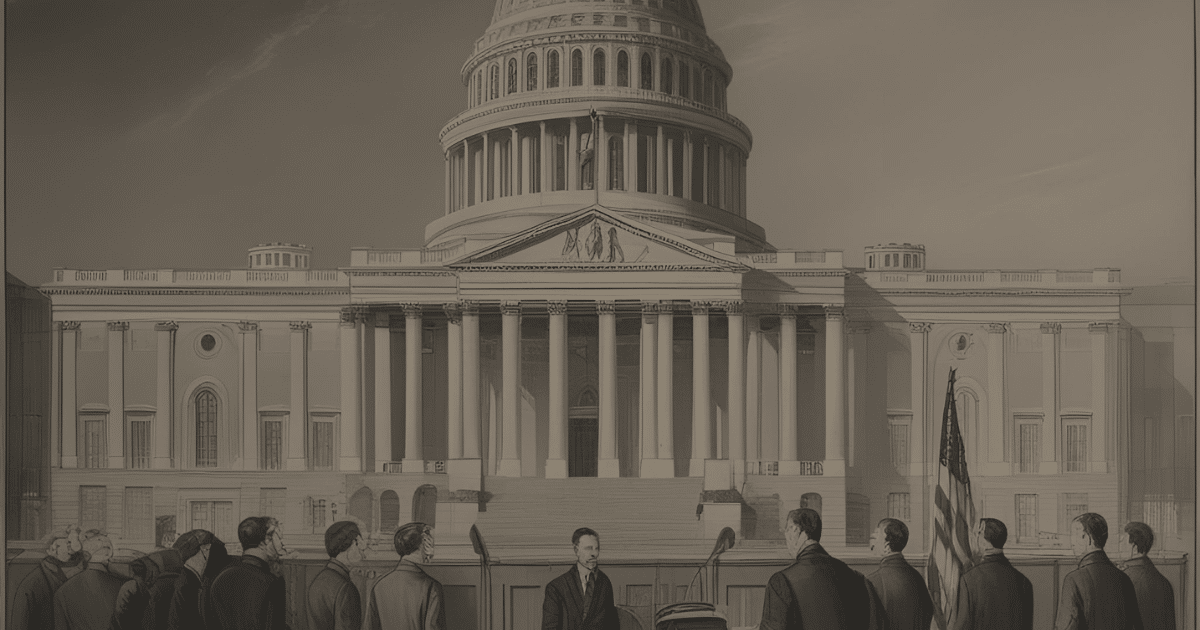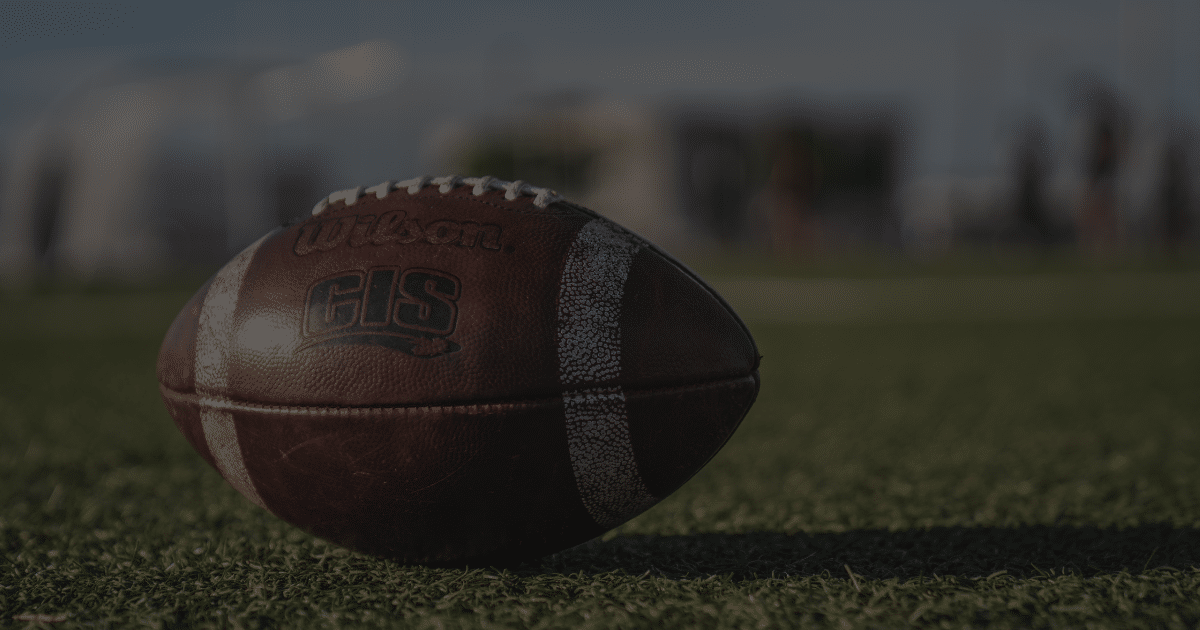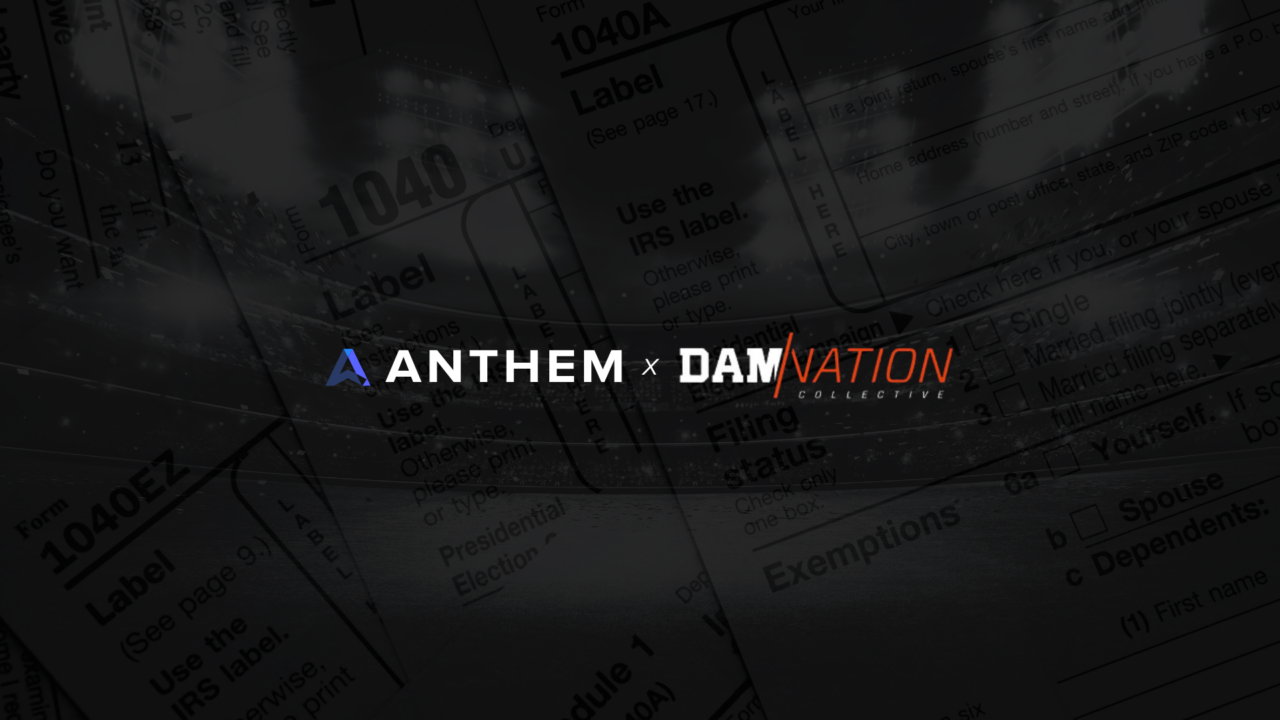Jay Bilas, ESPN commentator and practicing attorney, has sharply criticized a proposed “illegal wage cap” on NIL athletes as news emerged of a draft membership agreement circulating among the Power Four conferences. This agreement, tied to the House v. NCAA settlement, would require schools to waive their rights to sue the soon-to-be-created College Sports Commission. Noncompliance could result in schools being expelled from their conferences or blackballed by other major programs.
The Draft Agreement: Power Four Conferences and Legal Risks
Bilas, long known for his outspoken stance against NCAA policies, argues that any collective agreement among schools to limit athlete compensation is a clear violation of federal antitrust law. He points out that schools already compete fiercely for media rights and talent, and restricting athlete pay only serves the interests of the institutions, not the athletes. Bilas advocates for collective bargaining, suggesting that athletes should have a seat at the table—whether through a union or trade association—to negotiate compensation and working conditions, similar to professional sports leagues.
Bilas’ Antitrust Argument Against Wage Limits
He dismisses the NCAA’s historic arguments that only a small fraction of athletes are worth significant compensation, calling it a “lie” now exposed by schools’ eagerness to pay for top talent. Bilas also notes that the NCAA’s efforts to maintain control and limit athlete compensation have repeatedly run afoul of antitrust law, and he sees the current wage cap proposal as another attempt to sidestep legal accountability.
NCAA’s Shifting Role and the Rise of NIL Confusion
The broader context includes ongoing confusion over NIL (Name, Image, and Likeness) rules, the rise of booster collectives, and the NCAA’s diminished authority. Bilas and others believe that only through genuine partnership and collective bargaining with athletes can college sports move forward fairly and legally.
The Road Ahead for College Athlete Compensation
In summary, Bilas urges college sports leaders to abandon NCAA wage caps and embrace a professional model where athletes can negotiate their share, warning that continued resistance will only deepen legal and ethical challenges for the NCAA and its member schools.
Going forward, the bargaining method that Bilas proposes should lead to much more expensive NIL contracts. Right now the “cap,” is being set at $20.5 million, but it’s projected to increase to $30 million in the next ten years. In some states, including Oregon a new NCAA settlement has allowed for Universities to directly pay athletes from the revenue they earn, essentially making these athletes employees of the schools. With this new settlement in place, buckle up for the wild world of Name, Image, and Likeness in the near future. If collectives aren’t involved going forward, expect to see some hefty NIL contracts get dished out by these universities to ensure securing top talent.
P.s. Need expert guidance? Contact our firm.




